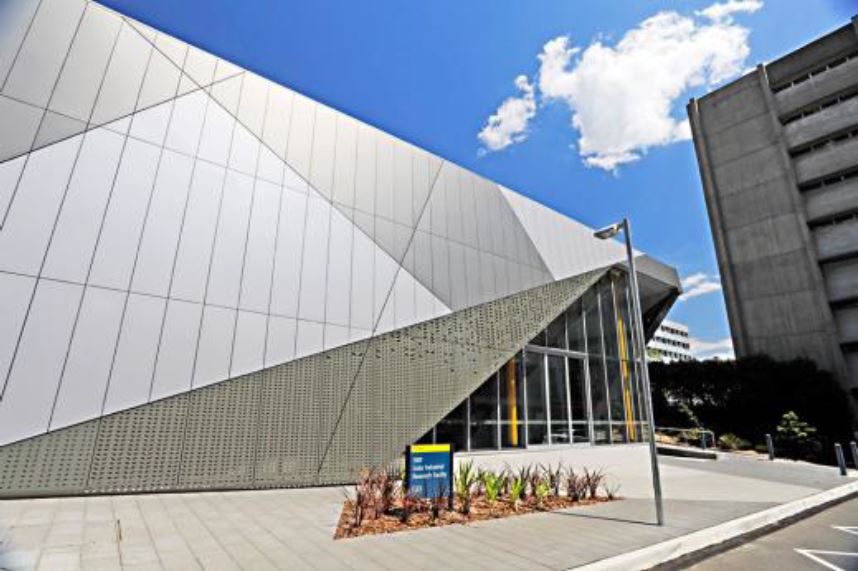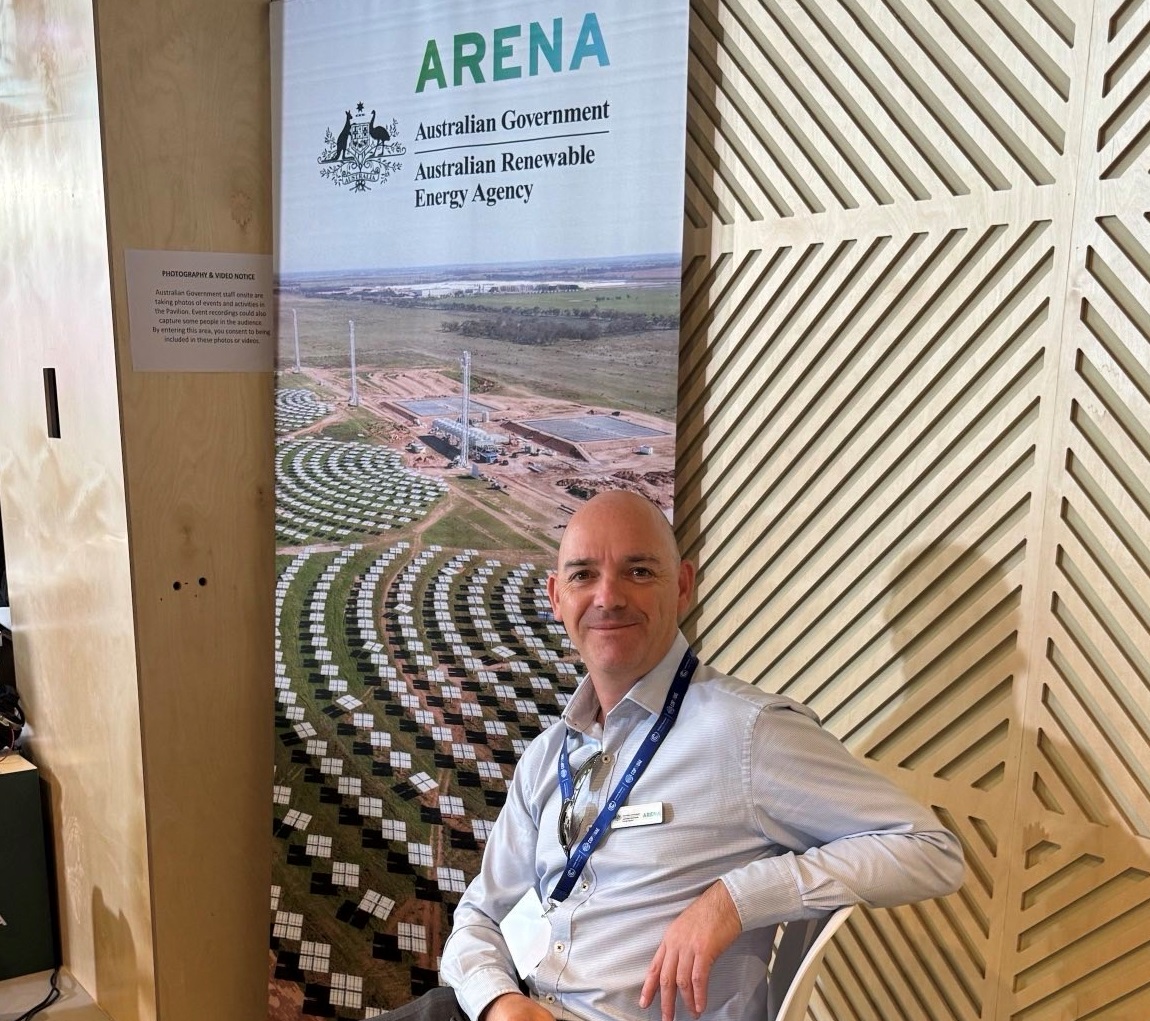Can renewable energy be used for industry?
Industry is the largest user of energy in Australia, with around two thirds of that energy used to produce heat for industrial and other processes.
The heat is mostly produced by burning natural gas, as well as coal and other fuels. Industry’s temperature requirements range from below 100°C (e.g. for cooking, cleaning and drying) to over 1000°C (e.g. for use in metals and chemicals processing).
The other third of industry’s energy use is electricity, which is used in a wide variety of applications.
Renewable energy technologies suitable for use in industry
- Renewable electricity
- Bioenergy includes biomass and biogas, used as fuel in boilers and other equipment
- Solar thermal absorbs heat from the sun to directly heat water or other fluids
- Geothermal extracts heat from the ground to heat water or other fluids
- Electrification technologies powered by renewable electricity. For example:
Heat pumps which extract heat from the air, ground or water or waste heat sources
Electric resistance heaters
Electromagnetic technologies (infrared, induction, microwaves, radio frequency)
Electric arc heating - Hydrogen produced from renewable electricity.
Renewable energy adoption by industry can also be supported with energy storage including batteries, thermal and material storage and technologies that enable greater flexibility and responsiveness of energy demand, such as digitalisation and enhanced controls.
Explore renewables for industry resources
Renewables for Australian industry
Renewable energy provides around 10 per cent of direct (non-electricity) energy use in Australian industry. About three-quarters of this is ‘bagasse’, which is sugarcane residue left over after the sugar has been removed. Bagasse is used in boilers to provide heat to the sugar processing plant and sometimes to simultaneously provide heat and electricity through a cogeneration plant.
Most of the remaining renewable energy used in Australian industry is in the form of wood or wood products (e.g. ‘“black liquor’”), which are mostly used in the pulp and paper industry.
While renewable technologies are available to meet most industry heating needs, these are not more widely deployed due to financial and non-financial barriers.
How are we supporting renewables for industry projects?
Our purpose is to support the global transition to net zero emissions by accelerating the pace of pre-commercial innovation, to the benefit of Australian consumers, businesses and workers. By connecting investment, knowledge and people to deliver energy innovation, we are helping to build the foundation of a renewable energy ecosystem in Australia.
Our achievements –
What do we look for in renewables for industry projects?
- Feasibility studies and demonstration projects that increase the use of renewable energy in industrial processes. Priority will be given to technologies and projects that have potential to transition substantial energy end uses, either individually or in aggregate across multiple sites and sectors
- Innovative projects using technologies such as bioenergy, solar thermal, renewable hydrogen, and renewably powered electrification technologies and processes
- Enabling technologies such as energy efficiency, energy storage (electrical, thermal or physical), demand side flexibility to match renewable energy supply and mechanical alternatives to process heating where these enable greater uptake and penetration of renewable energy into industrial processes.
Knowledge sharing
We share knowledge, insights and data from our funded projects to help the renewable energy industry and other projects learn from each other’s experiences.
Read renewables for industry project reports in the Knowledge Bank










